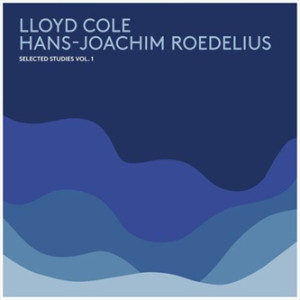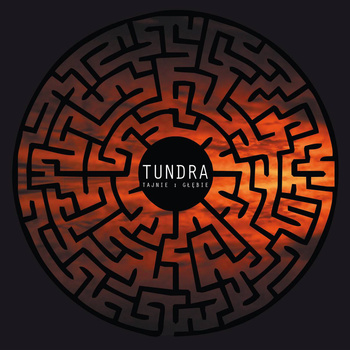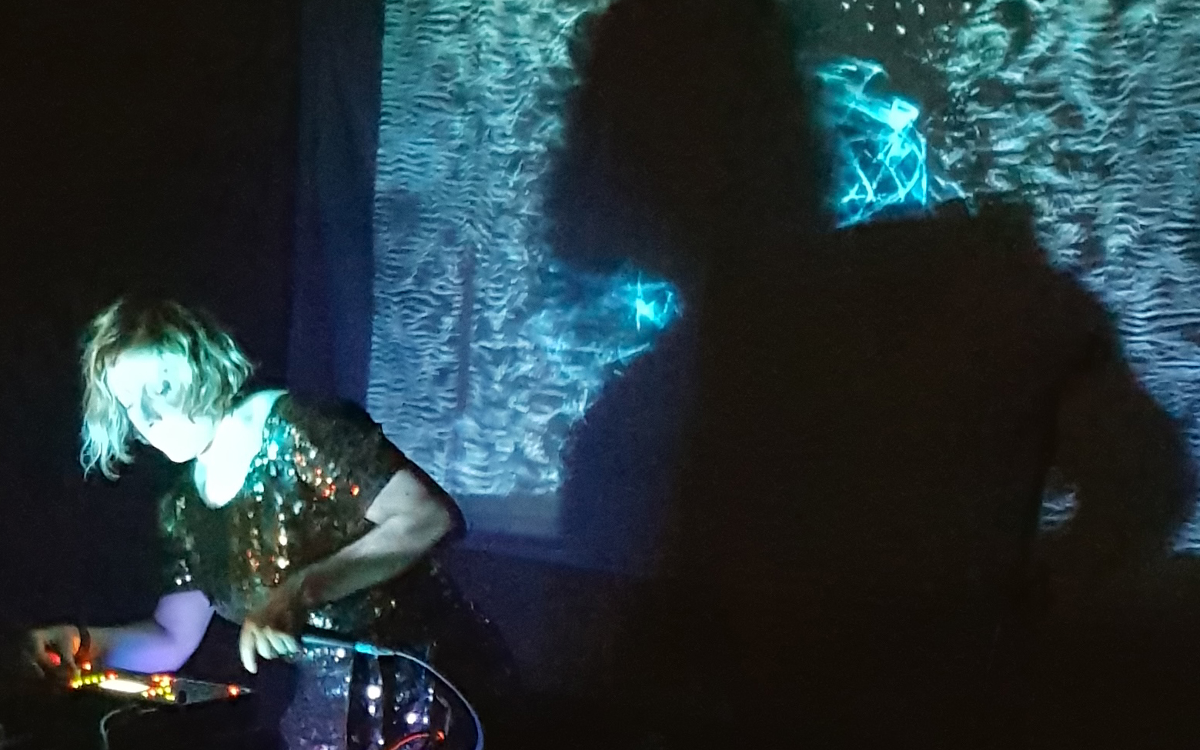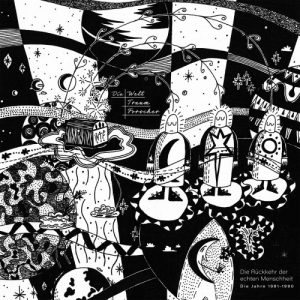 I know very little about Die Welttraumforscher. They’ve (or should I say he’s, as all this is a predominantly solo affair of Christian Pfluger) been going since 1981 as one of Switzerland’s most enigmatic musical projects, sung almost exclusively in German. Luckily for a newbie like me, Bureau B have produced not one but two retrospectives devoted to the band — one covering the early days from 1981 to 1990 and the other taking up the baton to the present day. And what an intriguing collection it is too, something that spiders lots of future investigation, especially with my obsessive nature for everything Neue Deutsche Welle and beyond.
I know very little about Die Welttraumforscher. They’ve (or should I say he’s, as all this is a predominantly solo affair of Christian Pfluger) been going since 1981 as one of Switzerland’s most enigmatic musical projects, sung almost exclusively in German. Luckily for a newbie like me, Bureau B have produced not one but two retrospectives devoted to the band — one covering the early days from 1981 to 1990 and the other taking up the baton to the present day. And what an intriguing collection it is too, something that spiders lots of future investigation, especially with my obsessive nature for everything Neue Deutsche Welle and beyond.
The gilded curiosity of “Wunderbar” hits first in a rotisserie of precious orbits, at its heart an Andreas Dorau-like weave to kindergarten glockenspiel and harmonic ghostings. A majestic sensibility that the catchy jiver of the Der Plan-like “Liebe Lilli” flies from, ensnared in a tight, crisp drum, bold and patterned, energetically expiring on frothy feedbacks.
It’s all quite magical, playfully escapist, that lo-fi Casio aesthetic biting childlike into your imagination, explorations that would thaw the hardest of hearts and something the lilting “Der Sternmann” solidly demonstrates, here sounding like Pfluger has enlisted the help of a girlfriend or has cleverly overdubbed a pitch-shifted version of himself. Who knows, the sleeve notes (though revealing) are curiously silent on this matter, but I’ve got to say this is seriously smooth, and soufflés this noodling melody that cartoons in there (very much like Pyrolator‘s Wunderland does), a mosaic of optimism caught in a waltz of needling light, the lyrics radiating around the fairytale in reassuring glances.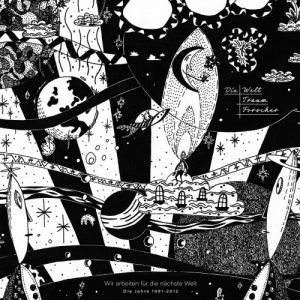 The tiptoe of “Kaffee, Kuchen Und Kometen” swims in this curling keylines, the piano occasional pinning things in stark relief to climb round the layering like a new idea. This is a recurring thematic throughout Pfluger’s work as the lines expand a glittery surround, like the seashells and flowers that dance in the singer’s head on the track of the same name in a rare lyrical excursion into English that has a Pram-like flutter, chrysanthemums a pure lullaby.
The tiptoe of “Kaffee, Kuchen Und Kometen” swims in this curling keylines, the piano occasional pinning things in stark relief to climb round the layering like a new idea. This is a recurring thematic throughout Pfluger’s work as the lines expand a glittery surround, like the seashells and flowers that dance in the singer’s head on the track of the same name in a rare lyrical excursion into English that has a Pram-like flutter, chrysanthemums a pure lullaby.
The music gets more sophisticated on the second volume, but loses none of its magic in schläger-fuelled satellites, full of quirkiness and wonder, and we even get an uncharacteristic dirgey detour in the bargain. Like biting into a doughnut and being pleasantly surprised by a slurp of custard at its centre, the music’s easy listening essence bewitches, glides like a ghostly Orchestral Manoeuvres In the Dark full of nibbling chords and melding melodics, or earworms a divine catchiness as on “Dieses Haus Ist Nur Ein Traum”. A smooth, silky finish that stays with you, throws up Momus comparisons here and there as it dances on, tapering transits and randomised robotics –you may even detect a touch of Renaldo And The Loaf to “Husch-husch”’s childlike comedics.
An intriguing collection indeed.
-Michael Rodham-Heaps-

